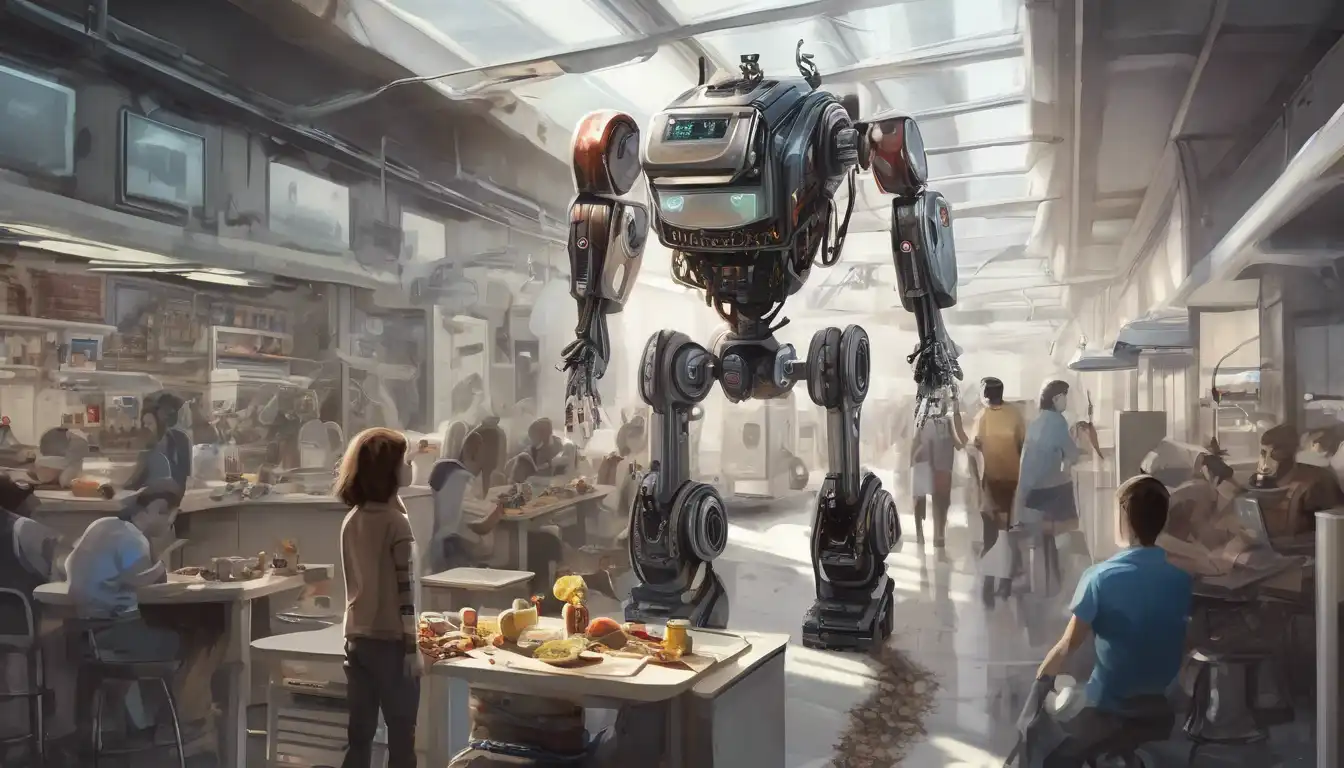The Evolution of Robotics in Modern Society
In recent years, the integration of robotics into everyday life has seen an unprecedented rise. From household chores to complex surgical procedures, robots are becoming an indispensable part of our daily routines. This transformation is not just a testament to human ingenuity but also a glimpse into a future where robotics and artificial intelligence (AI) redefine the boundaries of possibility.
Everyday Applications of Robotics
One of the most visible impacts of robotics is in the home. Robotic vacuum cleaners, such as the popular Roomba, have revolutionized the way we clean our homes, offering convenience and efficiency. Similarly, robotic lawn mowers and window cleaners are becoming increasingly common, freeing up time for individuals to focus on more meaningful activities.
In the healthcare sector, robotics is making waves with surgical robots enabling precision and minimizing human error. These advancements are not only improving patient outcomes but also reducing recovery times. Explore more about how AI is transforming healthcare.
The Role of Robotics in Industry
The industrial sector has long been at the forefront of robotics adoption. Automated assembly lines and robotic arms have significantly increased production rates while ensuring consistency and quality. With the advent of collaborative robots, or 'cobots', humans and machines are working side by side, enhancing productivity and safety in the workplace.
Moreover, robotics is playing a pivotal role in logistics and supply chain management. Automated guided vehicles (AGVs) and drones are streamlining operations, from warehouse management to last-mile delivery, showcasing the versatility and efficiency of robotic solutions.
Challenges and Ethical Considerations
Despite the numerous benefits, the rise of robotics also presents challenges. Job displacement due to automation is a growing concern, necessitating a shift in workforce skills and education. Ethical considerations, such as privacy and autonomy, also come into play, especially with the increasing use of AI in robotics.
It's crucial to address these issues proactively to ensure that the integration of robotics into society is both beneficial and equitable. For insights into the future of work in the age of automation, follow the link.
Looking Ahead: The Future of Robotics
The potential of robotics is boundless. With ongoing advancements in AI, machine learning, and sensor technology, robots are becoming more intelligent, adaptable, and capable. The future may see robots taking on more complex roles, from elderly care to environmental conservation, further embedding them into the fabric of society.
As we stand on the brink of this robotic revolution, it's clear that the impact of robotics on everyday life will only continue to grow. Embracing this change, while navigating its challenges, will be key to unlocking a future where technology and humanity thrive together.
The journey of robotics from science fiction to everyday reality is a fascinating one, marked by innovation and transformation. As we look forward, the possibilities are as limitless as our imagination.
